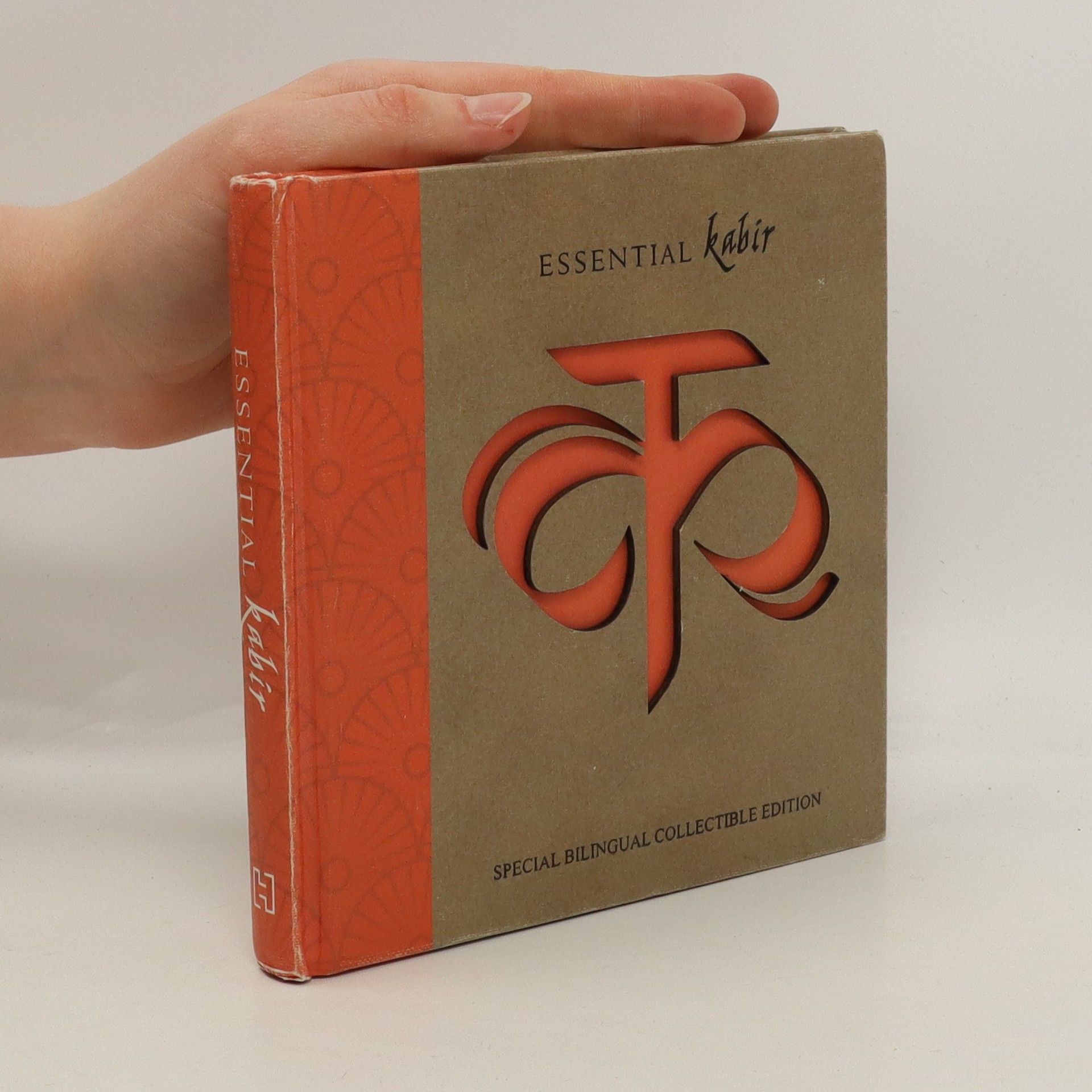Book of Rahim
- 80 Seiten
- 3 Lesestunden
The collection features a unique blend of everyday observations and historical reimagining, bringing figures like Ghalib and Abd al-Rahim Khan-i-Khanan to life through an intimate lens. Mehrotra's exploration of personal artifacts and letters from his Lahore home adds a layer of immediacy and nostalgia, transforming history into something both familiar and surreal. This first new poetry collection in twenty-five years captures the essence of time and memory with a distinct and poignant voice.

